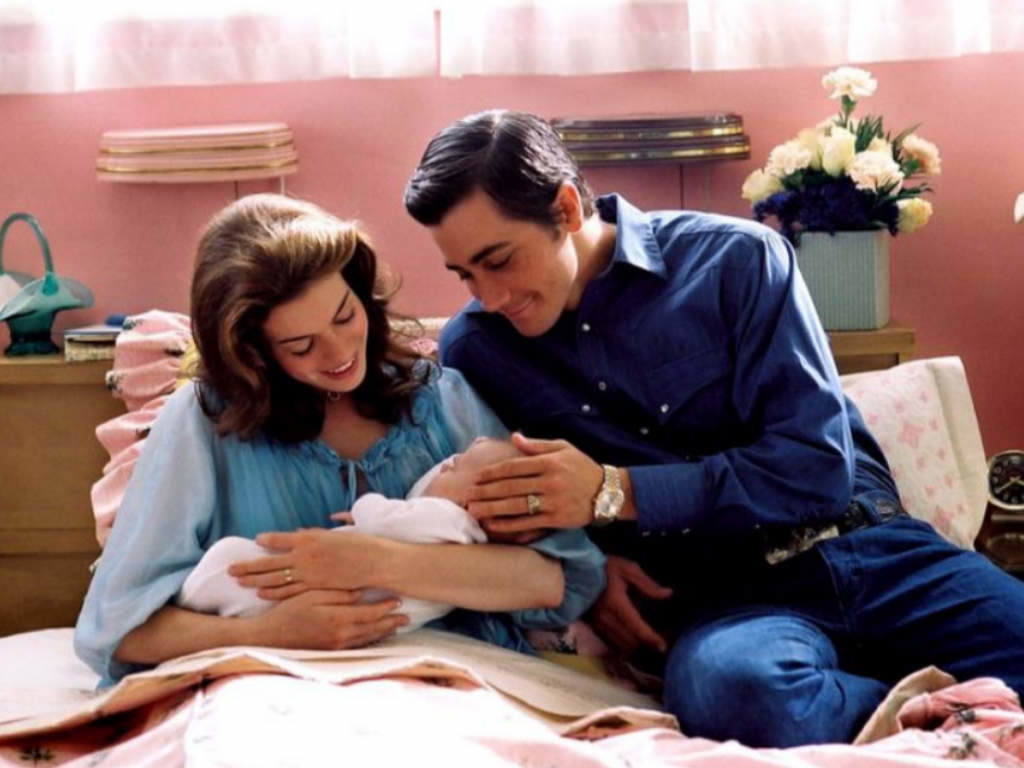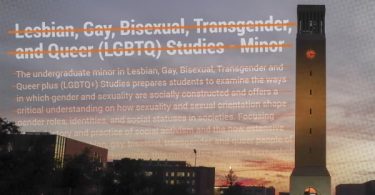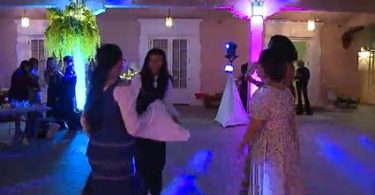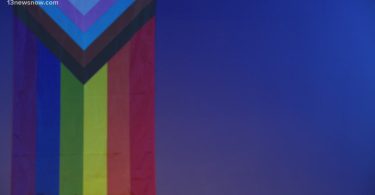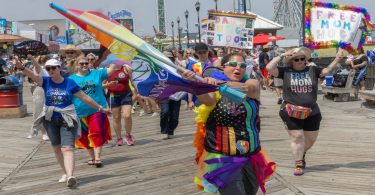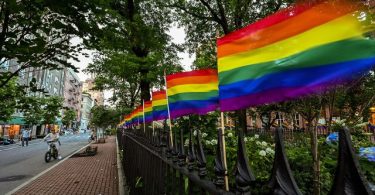Unicorns are amazing: it’s pretty safe to say that is a fact. Unicorns, however, also happen to be legendary creatures whose existence have been questioned by many. Just like bisexuals, we dare to say.
Talia Squires, editor-in-chief at Bi.org and creator of the Unicorn Scale, agrees. The Unicorn Scale ‘explores the quality of bi representation in film and television’ and it does so in an entertaining way.
Squires reviews movies and TV shows focusing on bisexual storylines and assigning from one to four unicorns.
‘Siskel and Ebert have thumbs, Leonard Maltin has stars, I wanted unicorns. The bi community has chosen unicorns as its symbol for many reasons, not least of which is unicorns are awesome,’ she told Gay Star News.
‘Many still tell bisexual people they don’t exist, so the unicorn allows us to play with that stereotype. And have a little fun with it in the process.’
‘Bi characters exist, but nobody talks about them’
Jack (Jake Gyllenhaal) and his wife Lureen (Anne Hathaway) in Brokeback Mountain | Photo: IMDb/Focus features
Squires wanted a place to talk about film and television’s representation of bisexuality without having to do full reviews. That is why she created the Unicorn Scale in 2017.
She also runs a bi movie night with her husband through their local bi social group, amBi. Finding bi movies were challenging, if not impossible at times.
‘Because of this erasure, I had a really hard time finding bi characters, not because they didn’t exist, but because no one talked about it. The Unicorn Scale is creating a list of all those bi characters that go erased by mainstream reviews,’ she said.
‘For instance, the two leads in Brokeback Mountain are normally described as gay in reviews of the film, even though both of them had relationships with women. The film portrays their relationships with women as real, romantic, and sexual. Jack especially seems to be a bi character to me, but it’s famously a “gay” movie.’
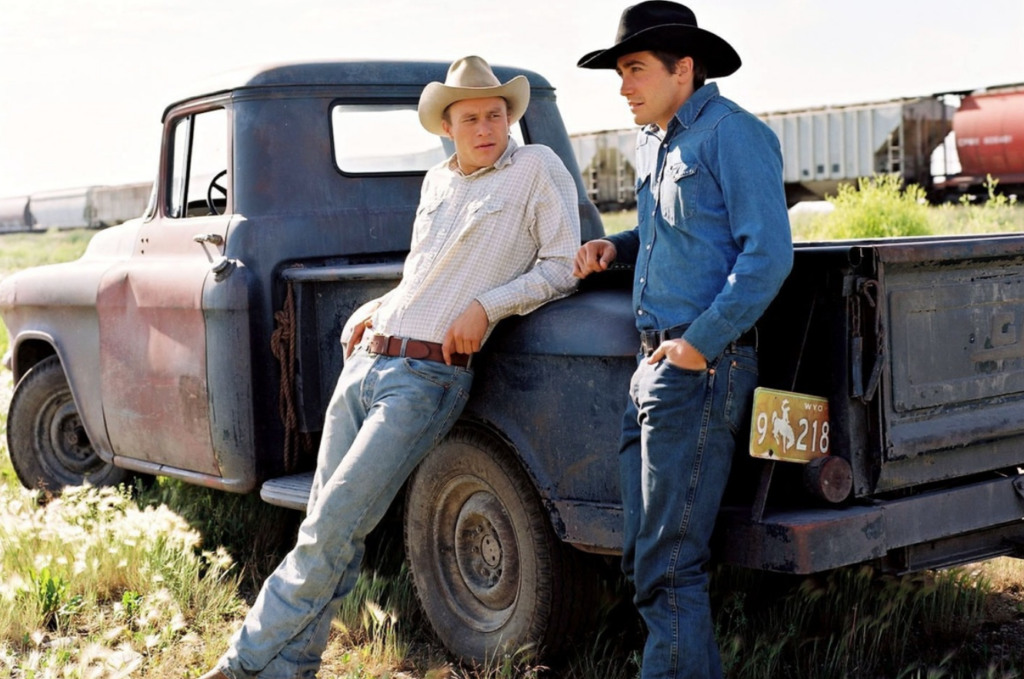
Jack (Jake Gyllenhaal) and Ennis (Heath Ledger) in the movie directed by Ang Lee | Photo: IMDb/Focus features
The Unicorn Scale aims to fight clichés
‘The stereotype that we often see is bi characters as being promiscuous and untrustworthy,’ said Squires.
‘Their bisexuality is portrayed as an unwillingness to commit to a single gender, person, and moral code. It is a symptom of their general selfishness rather than a sexual orientation.’
Squires also pointed out how these characters often use sex as a means of manipulating others or for instant gratification but rarely engage in meaningful relationships.
Crazy Ex-Girlfriend is great at bi representation
[embedded content]
Squires also wants to highlight and celebrate ‘the amazing representation that is happening out there, not just complain’.
‘We are so lucky to be seeing so many new bi characters showing up in films and television right now,’ she added.
‘Crazy Ex-Girlfriend did a great job showing both Valencia and Darryl’s bisexuality. It was great that not only was their bisexuality not shown as a phase, nor is it the product of extreme lust.’
Darryl is especially exciting because there are so few really good representations of male bisexuality, said Squires. To have a glimpse of how relatable the show is, watch Darryl singing Getting Bi, now become the unofficial anthem of bisexuality.
Jane the Virgin also made the Unicorn Scale’s nice list. In its most recent season, Jane briefly dated a bi man and Petra started dating a woman.
‘The show did a really nice job talking about the issues of dating in mixed orientation relationships,’ said Squires.
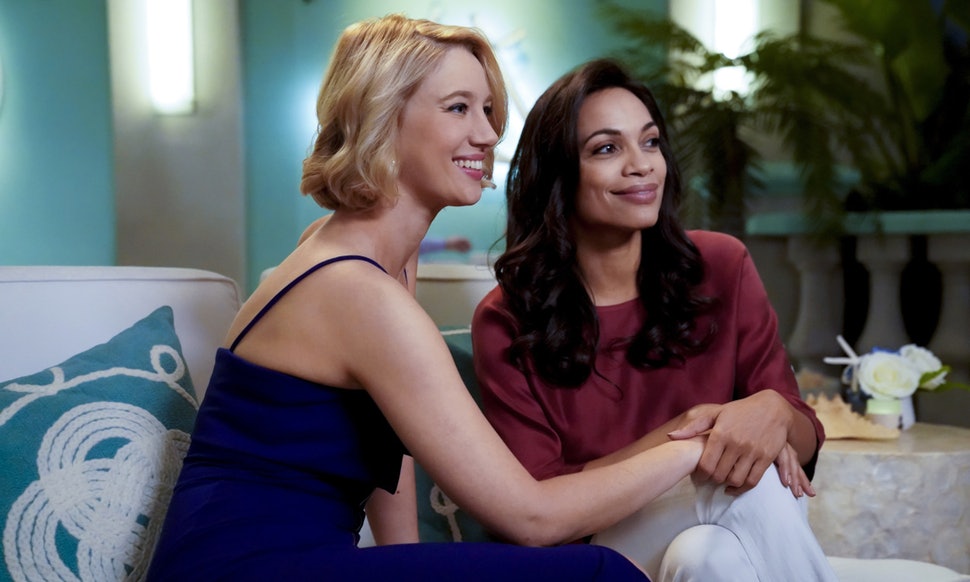
Petra (Yael Grobglas) and JR (Rosario Dawson) started dating on season 4 of Jane The Virgin | Photo: Greg Gayne/The CW
The Unicorn Scale’s favorites
‘One of my favorite movies with bi characters is probably the French film Love Songs. The relationships are so natural and free. It also deals with consensual non-monogamy all wrapped up in a dreamy musical,’ said Squires.
‘Also, I recently saw the movie Appropriate Behavior and it was an amazing story of a bi woman dealing with being bi, but also being in her 20s in the big city. It was incredibly witty and I loved how it portrayed the main character’s relationship with her family.’
Buffy the Vampire Slayer is an interesting case study
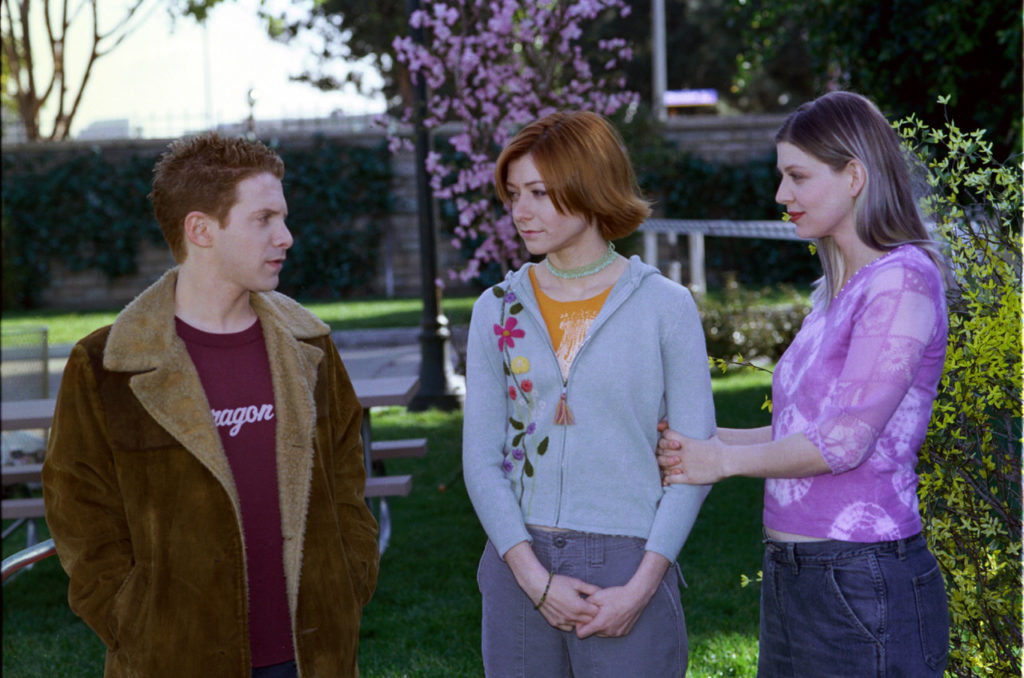
Willow (Alyson Hannigan) between Oz (Seth Green) and Tara (Amber Benson) | Photo: Wiki
‘I always hated the Willow was defined as gay after she started dating Tara,’ Squires admitted, referring to the popular show created by Joss Whedon.
‘She had had deep loving relationships with men. Even worse Dark Willow was explicitly bi. To me, both Willows were clearly bi, but only Evil Willow talked about it. I would like if we could critically examine why the show made that choice.’
Furthermore, Squires warned about the dangers of the harmful messages a lazy bisexuality representation in mainstream media might have.
As a bi woman, she wants ‘[other] women who are watching that show to know that they can have feelings for men and women and still be good people.’
‘I hope that the Unicorn Scale helps people realize how commonly bi characters are portrayed as evil and how unfair that is. Maybe by naming it, we can fight it a little harder. I also hope that we can celebrate media that is giving us amazing bi characters,’ she said.
Find out more about the Unicorn Scale here.
More from Gay Star News:
Stephanie Beatriz: ‘I’m marrying a guy, but that doesn’t make me any less bisexual’

